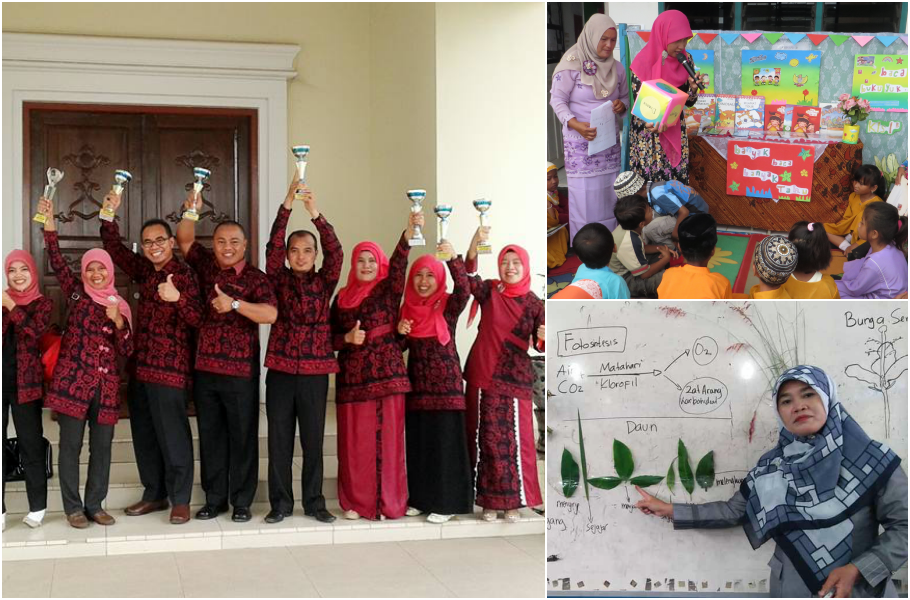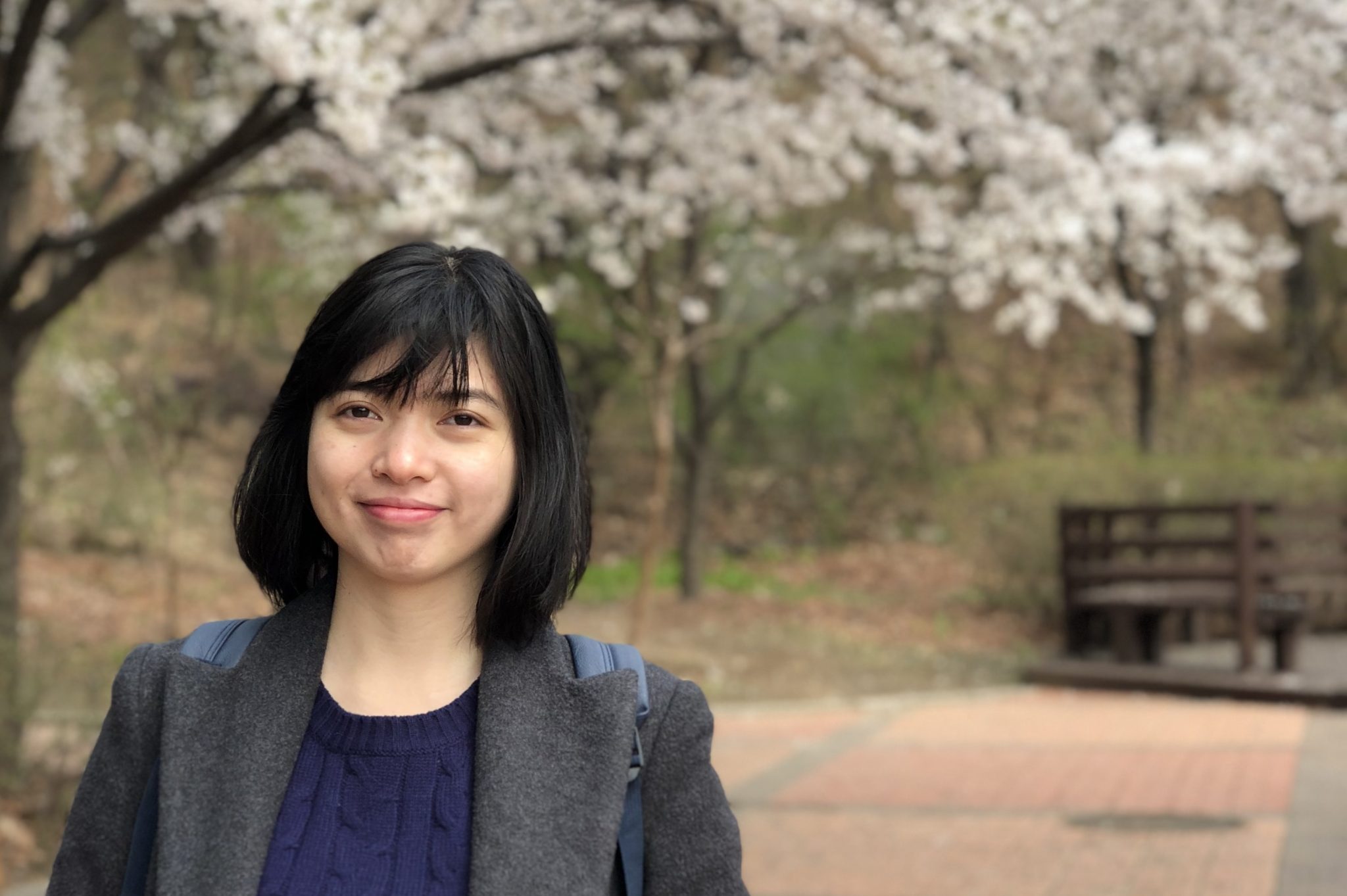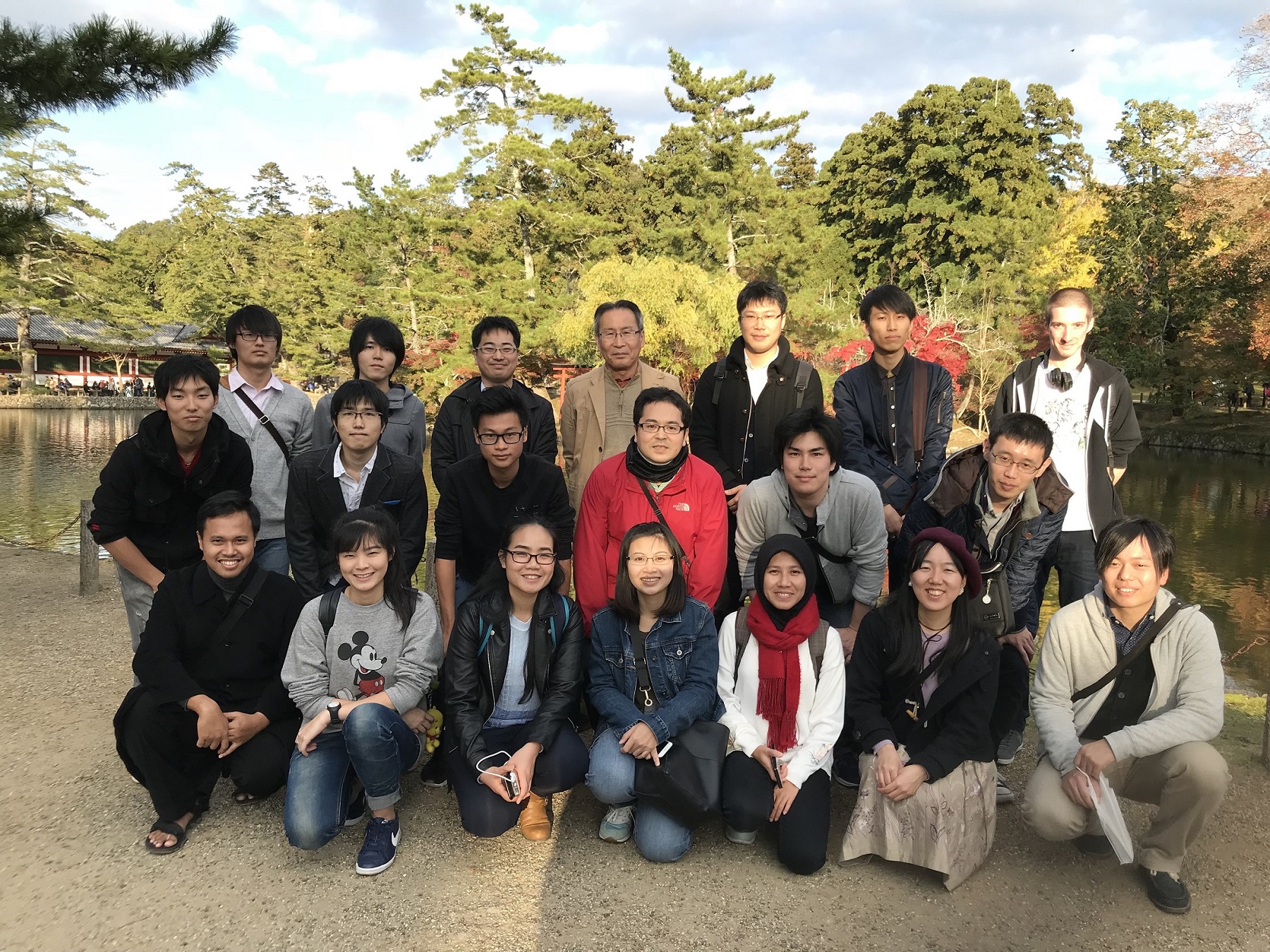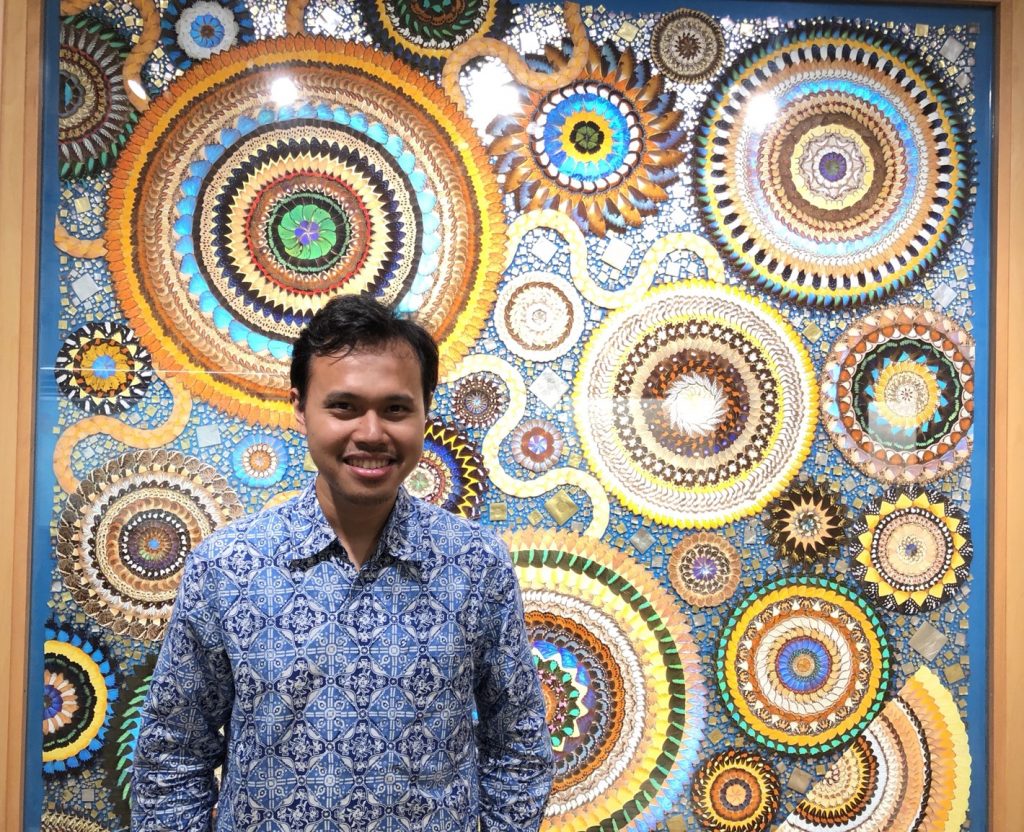If R.A Kartini lived in this era, she would be proud of the work that some of the teachers at Tanoto Foundation partner schools have done.
A well-known figure in Indonesia who championed for female empowerment, Kartini’s efforts to educate Indonesian women were carried out with passion, perseverance and sincerity, not unlike the ways of these three female elementary school teachers:
Tri Heni Pamiluwati, 4th Grade Teacher at 25 Pekanbaru Elementary School, Riau
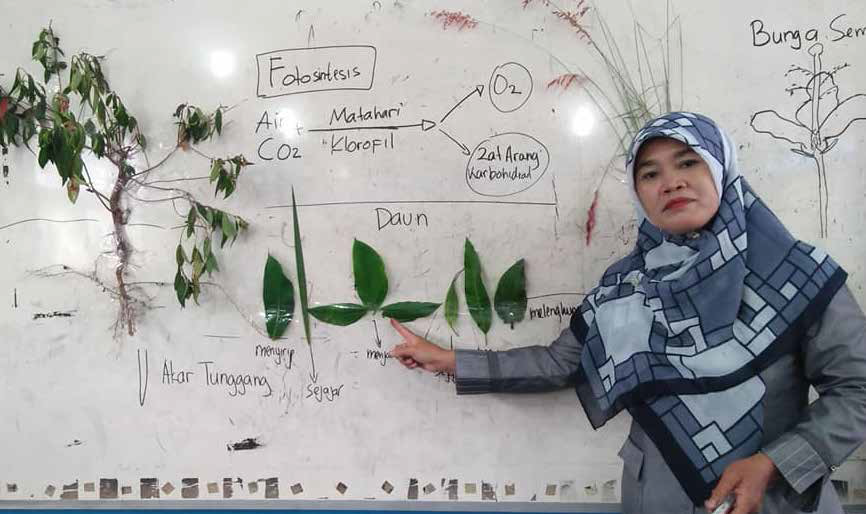
Those entering Tri Heni’s classroom for the first time will certainly be astonished at first.
It is likely for leaves which have been brought in by the students to be strewn across the classroom desks. Other times, there might be rice, sugar or flour instead, and there will also be measuring scales on the teacher’s desk.
Tri Heni is a Regional Facilitator for PINTAR, a program initiated by Tanoto Foundation to enhance the quality of education in Pekanbaru. She is a teacher who never runs out of ideas for creative lessons in the classroom, especially after attending MIKiR (Experiencing, Observing, Interaction, Communication and Reflection) training in 2018.
“Thank God, I was able to take part in Tanoto Foundation’s MIKiR training. MIKiR aims to improve teachers’ abilities to facilitate students to learn through firsthand experience and observation, before sharing their observations with their friends,” said Heni.
Elita, Principal at 92 / V Gemuruh Elementary School, Tanjung Jabung Barat, Jambi
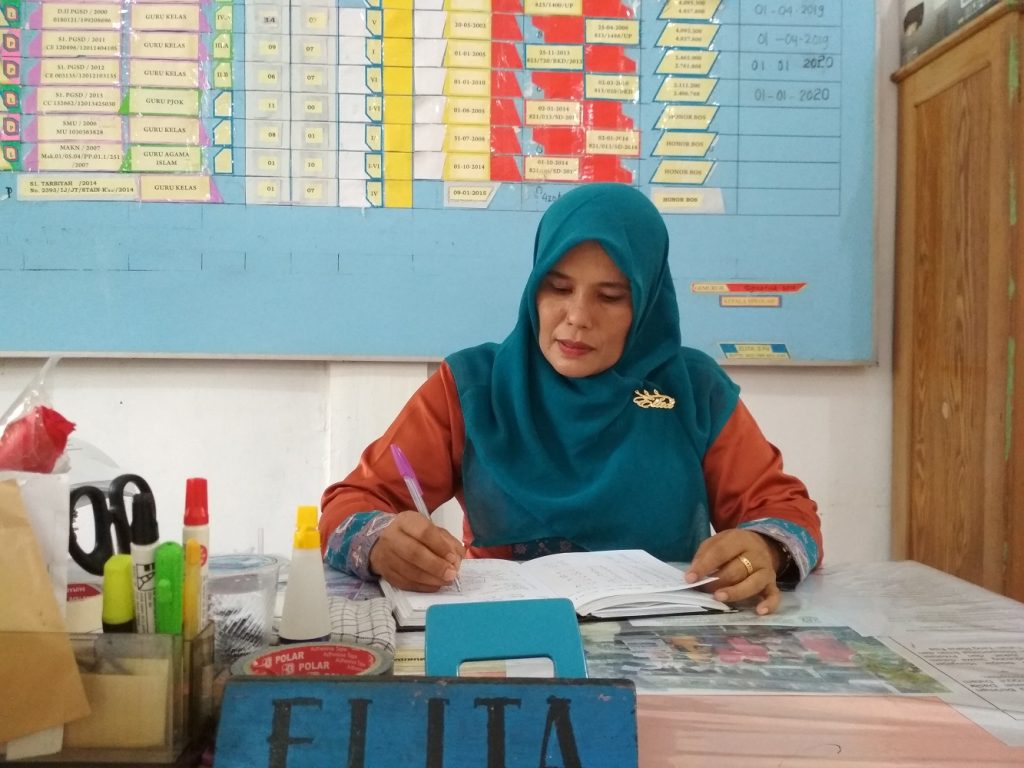
Teaching in a rural school used to be a challenge for Elita. If one of the villagers held a celebration, the children would rather play truant than go to school. It was initially difficult for Elita to instill awareness in the villagers about the importance of education.
“I tried doing it in a variety of ways, but it seemed that the community prioritised activities which had economic value over school and learning,” Elita said.
Luckily, Elita received guidance from Tanoto Foundation. After receiving training through the PINTAR program, she introduced active, creative, effective, and enjoyable learning practices at the school.
The villagers reacted well to these methods. They began to be interested in following their children’s educational development. The parents got involved and finally even established a parents’ community to help improve the quality of education at 92 / V Gemuruh Elementary School.
To this day, the community remains a great communication medium between the school and parents to discuss their children’s learning.
Nuriyani Sihite, 6th Grade Teacher at 010156 Sei Muka Elementary School, North Sumatra

Nuryani was concerned about the low interest in reading at her school, and actively looked for ways to increase her students’ reading interest.
However, after attending a training session for teachers held by Tanoto Foundation on creative learning, Nuryani was inspired to introduce learning aids in her classroom, to help make reading and learning more enjoyable for her students.
“I encouraged my students to make simple learning media, but with used items so that there’s no additional cost to them and their families. The children were able to make their own media within the week,” Nuryani said.
The forms of learning media are diverse, including story pyramids, dioramas, question dice and ledgers. Yet, all of them share the same purpose – to make it easier for children to remember stories that they have read, Nuryani said.



